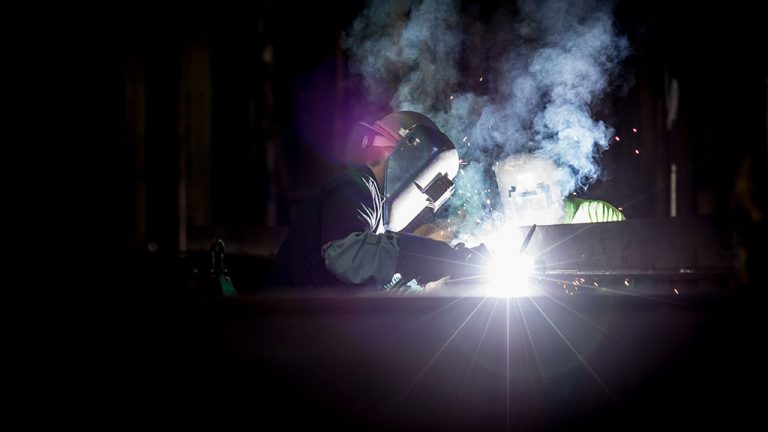A spokesman for the BC Teamsters Union has accused the Independent Contractors and Businesses Association (ICBA) of jeopardizing labour peace in the gravel-trucking industry.
A spokesman for the BC Teamsters Union has accused the Independent Contractors and Businesses Association (ICBA) of jeopardizing labour peace in the gravel-trucking industry.
Gravel trucks are responsible for hauling materials necessary for road maintenance and construction as well as building site preparation and construction.
An agreement was reached with unionized contractors after a two-week strike in 2005, which shut down large sections of the B.C. construction industry.
The latest rate adjustment took effect on March 1 and owner-operators are to be compensated for increases in the cost of diesel fuel and truck maintenance.
Don McGill, secretary treasurer of Teamsters Local 213, said recently that he has had meetings with unionized construction companies about the issue.
He said he discovered that they are concerned that the ICBA contractors are not paying trucking rates and living up to the intent of the agreement negotiated with owner-operators three years ago.
“When those ICBA contractors squeeze the truck owner-operators on rates, it impairs their ability to keep their trucks in a safe working order,” McGill said.
“When these ICBA contractors play one trucker off against the other to force the rates down and down, it leads directly to unsafe trucks on our streets. That is simply not acceptable.”
ICBA president Phil Hockstein said that McGill has not contacted him to discuss trucking rates and he is disappointed with the way the teamsters have approached the issue.
“I think it is very irresponsible of Don McGill to threaten labour action. With the Olympics coming he has a responsibility to lead, but he is acting in an irresponsible way,” Hockstein said.
“The Teamsters do not set rates for the industry and represent an infinitesimal amount of workers in the industry.”
McGill said the ICBA is disrupting and destabilizing the industry by not discussing the rates issue.
“The attitude of the ICBA is that they will set the rates with individual owner-operators, and that is precisely the attitude which resulted in the two-week strike three years ago,” said McGill.
“This is the same attitude which brought on the labour disruption of 2005, which was only resolved when the provincial government helped to get the parties together to negotiate an agreement with the intent of bringing long-term stability to the construction industry.”
The position of the ICBA on the issue of rates is that their members don’t negotiate with the Teamsters, because they negotiate directly with owner operators.
From this perspective, the rate issue is strictly a business transaction and not a labour issue.
“My members will do what they have done forever, which is to negotiate rates with independent businesses that offer trucking services,” Hockstein explained.
The Teamsters spokesman argued that the current rate situation may lead to a repeat of the 2005 two-week labour dispute.
“These owner-operators have been through this scenario once before and they don’t want to go through it again,” McGill said.
Even though the B.C. Teamsters Union represents 20,000 members working in different aspects of the B.C. economy, Hockstein said that union contractors were a tiny and irrelevant portion of the industry in 2005.
“Don McGill played no role in the dispute. My members never got in the same room with him. The owner-operators banded together as one and withdrew services,” Hockstein said.
“We represent these guys. They’re our guys. Our relationships with truck suppliers are excellent.”










Recent Comments
comments for this post are closed